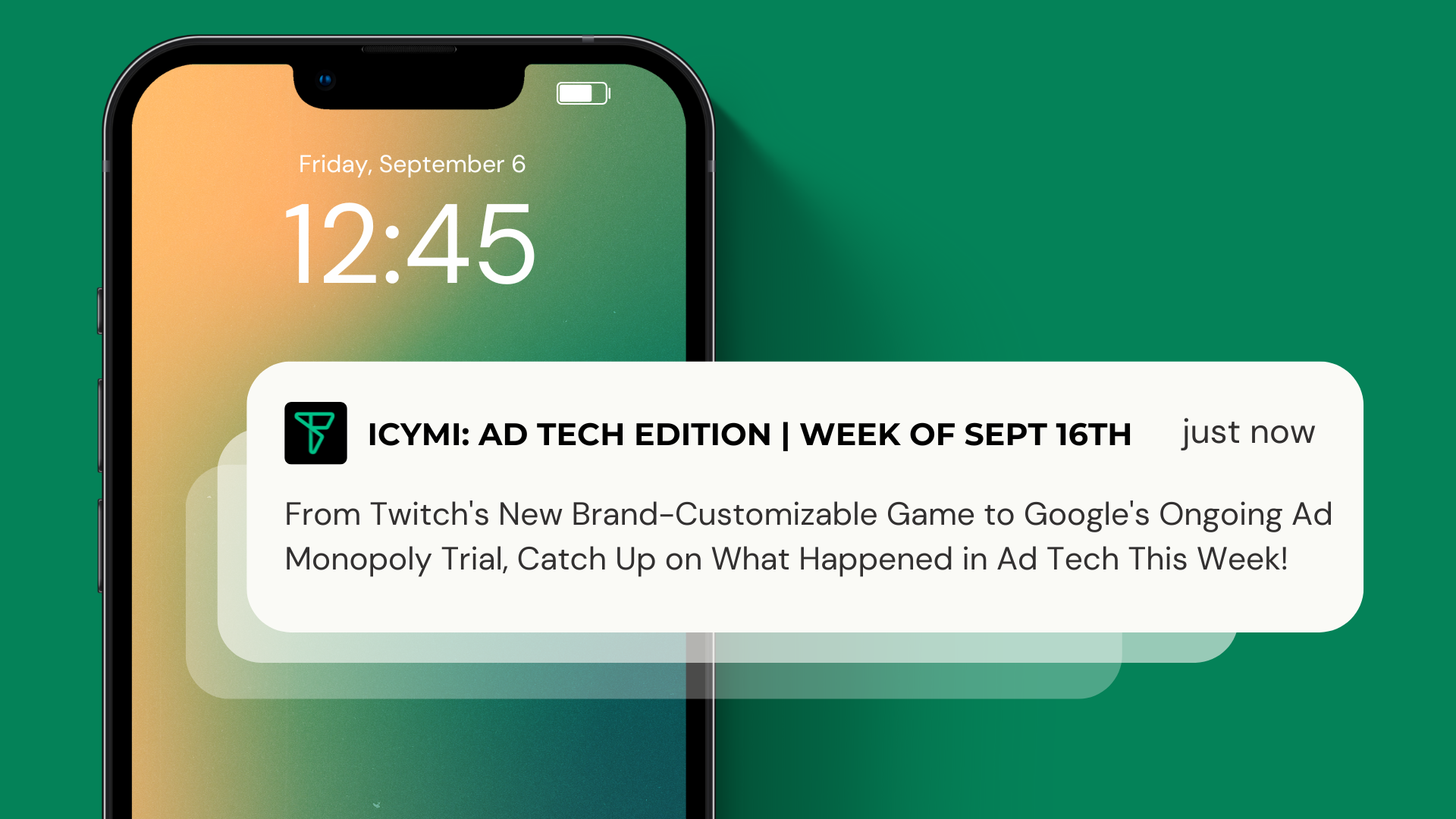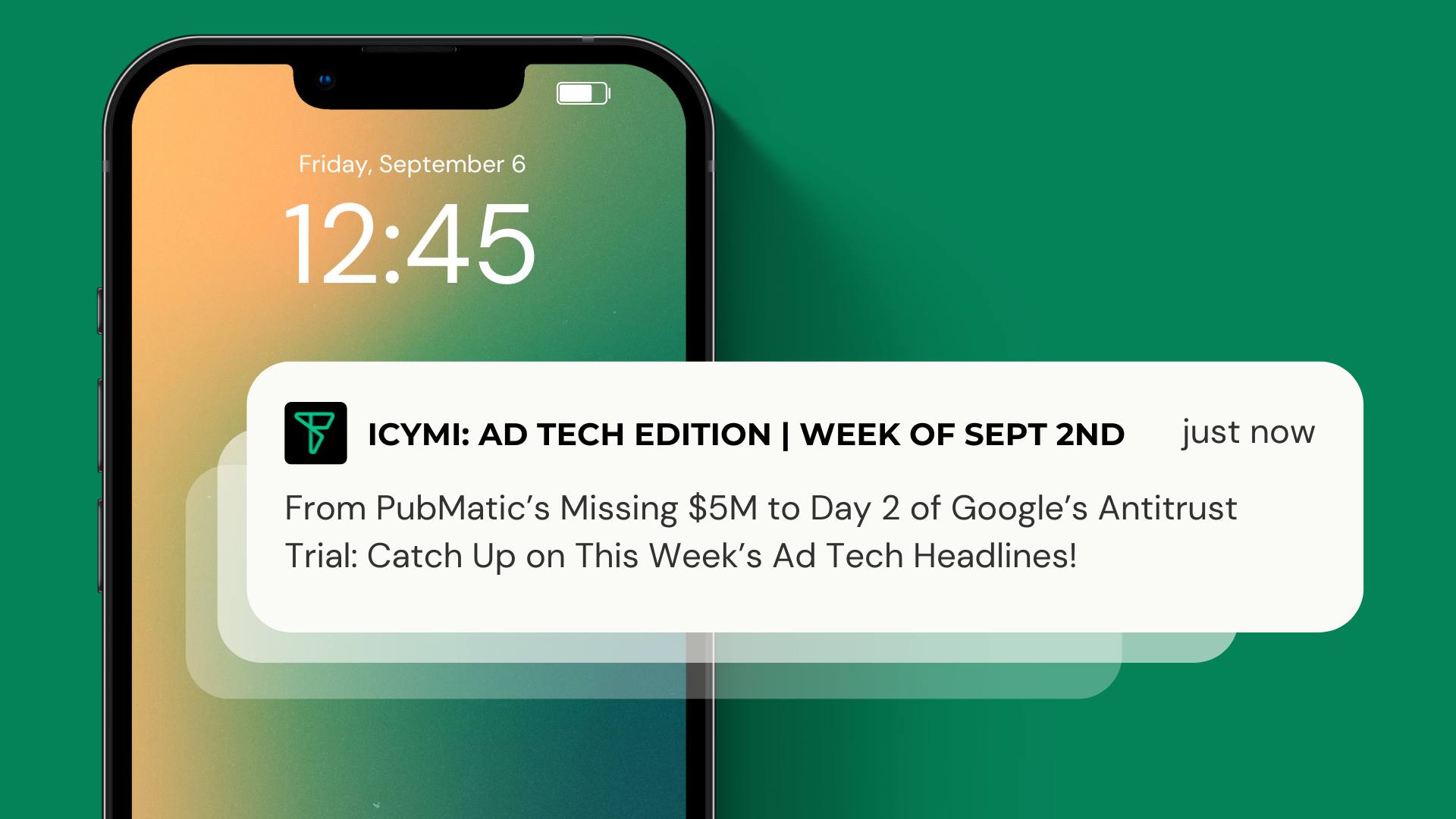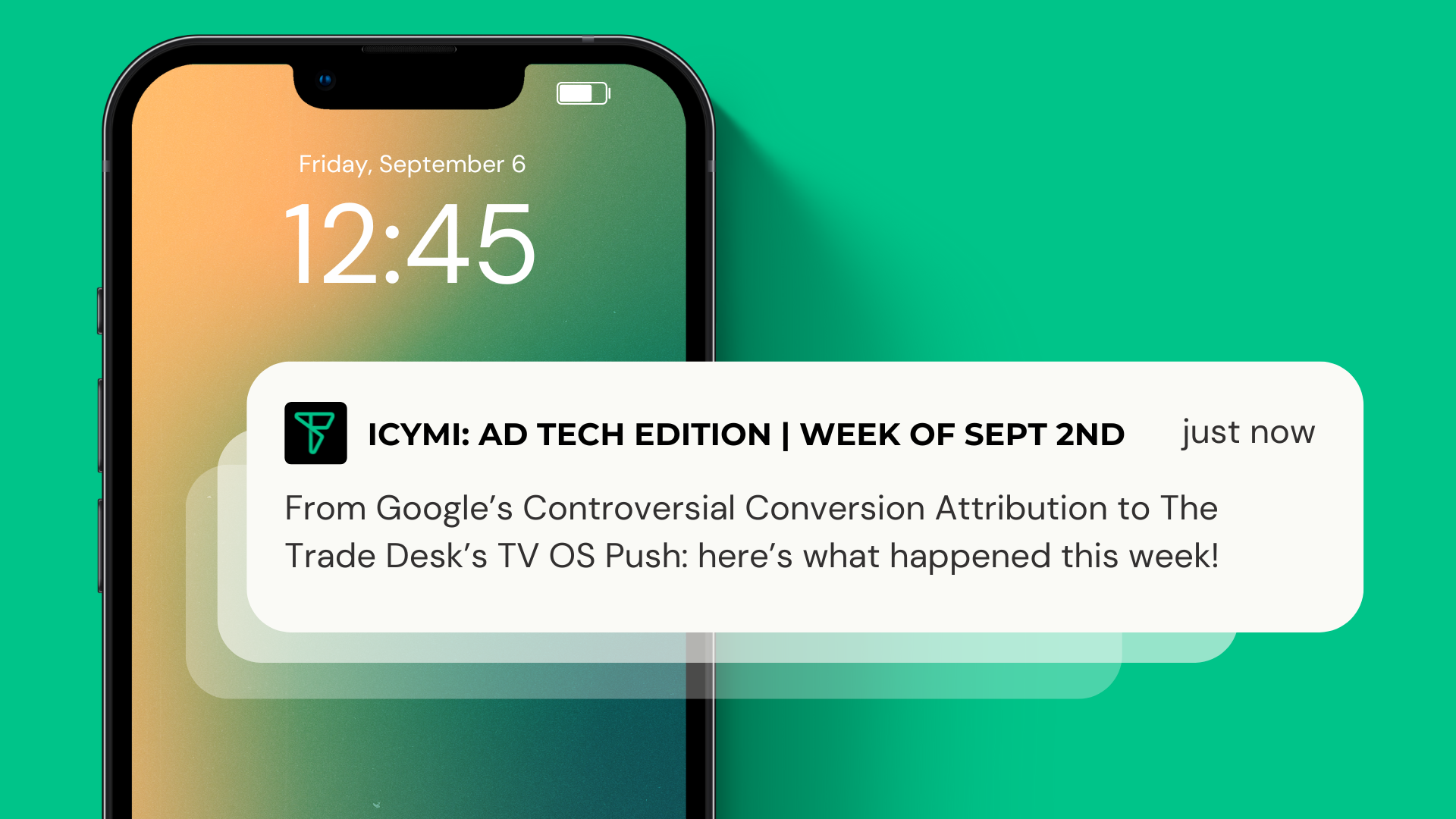Bits and Bobs from around the industry:
How IAB Tech Lab aims to calm concerns around Google’s Privacy Sandbox
Marketers are grappling with uncertainties as Google Chrome moves to phase out third-party cookies by the end of 2024. IAB Tech Lab CEO Anthony Katsur reveals concerns over the lack of clarity in Google’s Privacy Sandbox documentation, calling for more comprehensive and centralized information. In response, the IAB Tech Lab is set to publish its Privacy Sandbox analysis, gathering input from over 60 companies to address industry challenges. Katsur emphasizes the need to rethink the industry’s value chain, highlighting the ambiguity surrounding counterparty relationships and contractual agreements in the context of Privacy Sandbox’s integration of an ad server and an SSP into the browser. The industry is urged to seek clarity on contracting parties and reassess liabilities amid this significant paradigm shift.
ChatGPT Under Fire for Allegedly Violating EU Privacy Laws
OpenAI, currently facing a lawsuit from The New York Times and a privacy investigation by Italy’s Data Protection Authority (DPA), is under scrutiny for its generative AI, ChatGPT. Italy’s DPA has given OpenAI 30 days to respond to allegations related to ChatGPT’s data collection methods, citing privacy concerns. OpenAI could face a potential €20 million fine or up to 4% of global annual turnover if the EU court confirms the breach. The lawsuit follows last year’s GDPR concerns, leading to a temporary ban on ChatGPT’s local data processing in Italy. The case may set new precedents for AI regulation standards and highlights the evolving challenges in navigating privacy and copyright issues associated with generative AI.
OpenAI has a history of legal challenges over its data collection practices, including the NYT lawsuit alleging the use of copyrighted data. Attorney Justin Nelson, representing the NYT, accused OpenAI of building its product on others’ intellectual property, while OpenAI responded, stating the lawsuits were without merit. Last year, Italian authorities raised GDPR concerns, temporarily banning ChatGPT’s local data processing due to issues like a lack of a legal basis for personal data collection, AI hallucinations, and child safety problems. As regulators worldwide push for AI industry standards, Ad and Rev Ops professionals integrating AI into their workflows must be aware of potential legal consequences related to privacy and copyright laws.
Were We Wrong About the Value of First-Party Data?
Many direct-to-consumer (DTC) brands, which were initially built on a data-driven ethos and strong first-party connections with customers, are facing significant challenges, casting doubts on the perceived value of first-party data. Brands like Allbirds and Solo Brands, once seen as exemplars of the data-driven approach, have experienced sharp declines in stock value and financial struggles. The DTC marketplaces Zulily and Farfetch are also encountering difficulties.
The article questions whether the industry’s expectations regarding the transformative impact and value of first-party data were misplaced. It highlights various issues, including the short half-life of data, the prevalence of ad blockers limiting one-to-one marketing use cases, and the high costs and complexity associated with managing first-party data through different vendors and technologies.
Moreover, the piece explores the challenges faced by DTC startups and the shifting landscape of technology vendors in the first-party data activation space. The rise of ad blockers, coupled with the transient nature of first-party data, prompts a reconsideration of the industry’s reliance on data-driven strategies. It also delves into the struggles of DTC brands in competing with legacy grocery store brands, the potential vendor implosion within the DTC ecosystem, and the evolving role of cloud infrastructure providers in challenging the value proposition of Customer Data Platforms (CDPs). The article concludes by suggesting that the supposed first-party data revolution may be more aligned with major platforms like Amazon or Google than within individual businesses.





